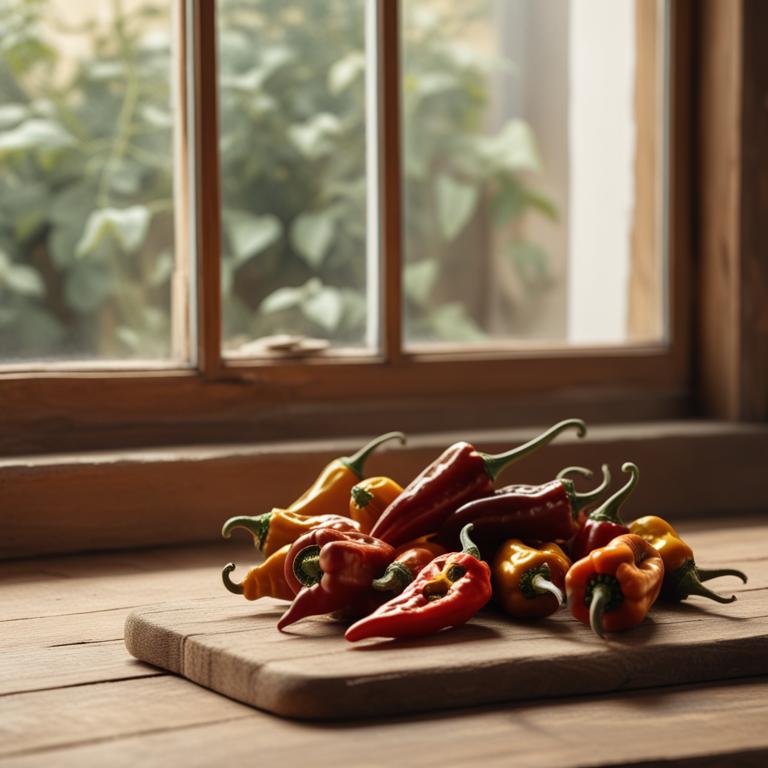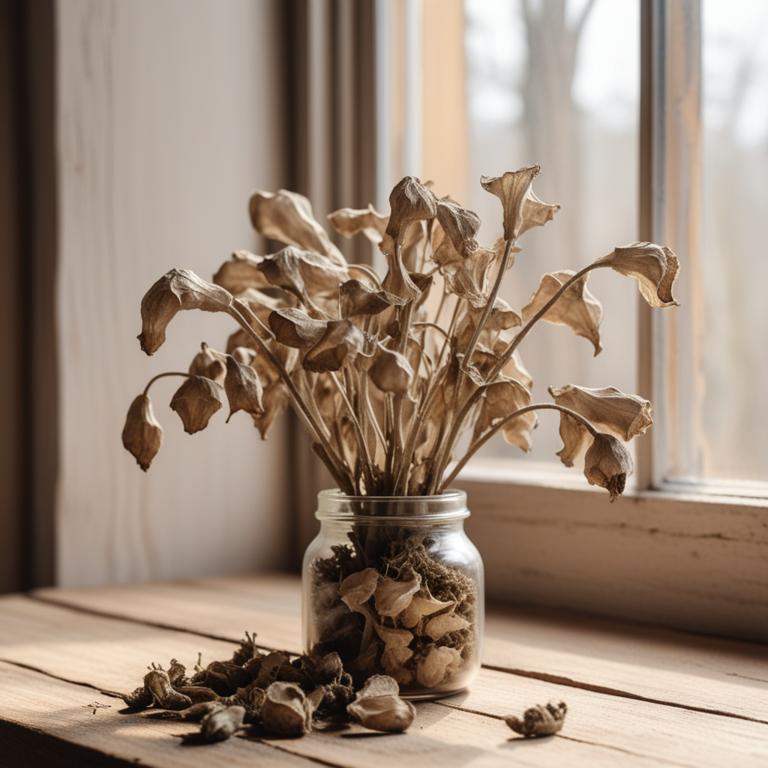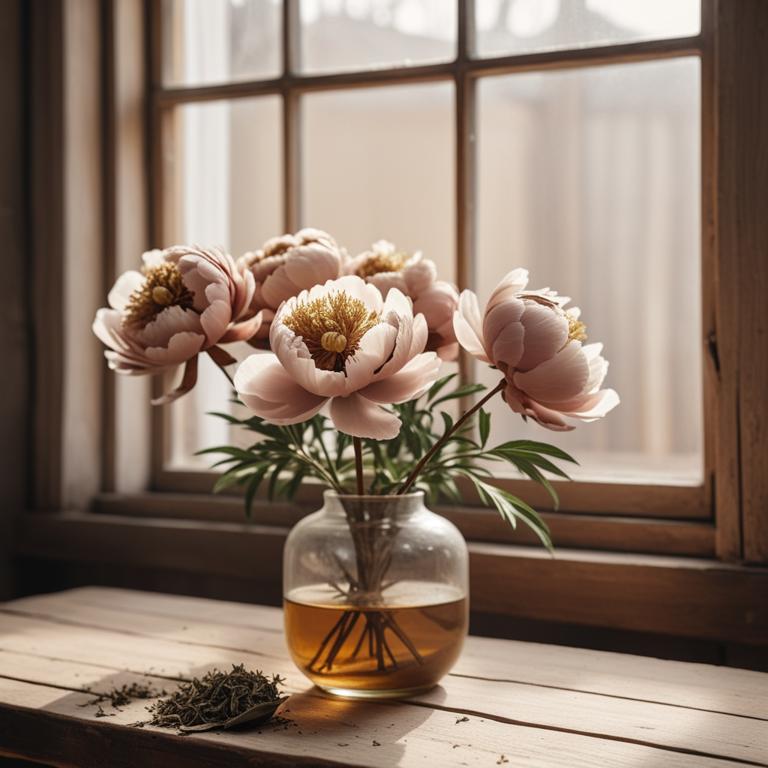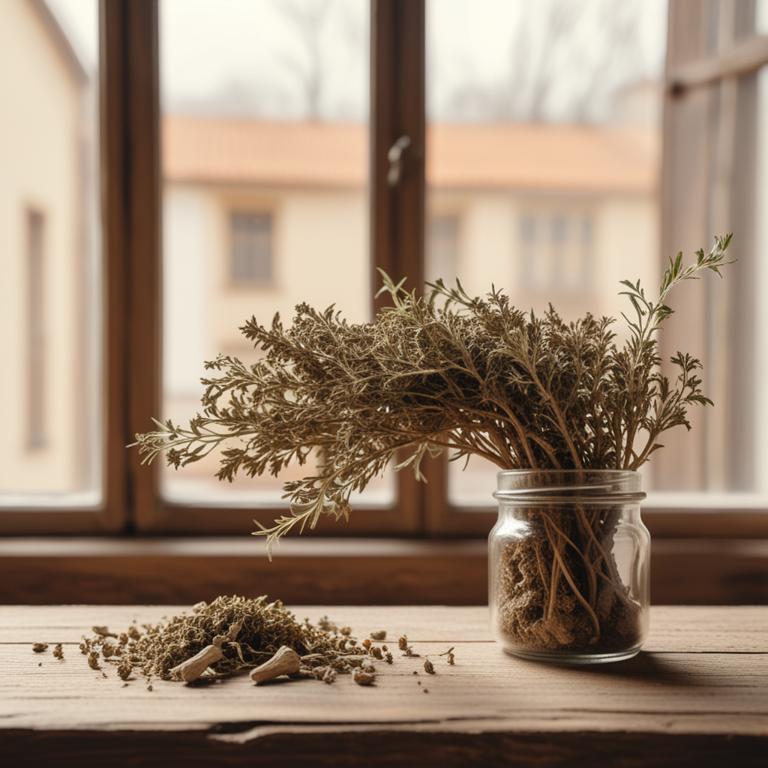Updated: Dec 1, 2024
Knee Swelling: A Guide to Medicinal Herbs and Natural Preparations
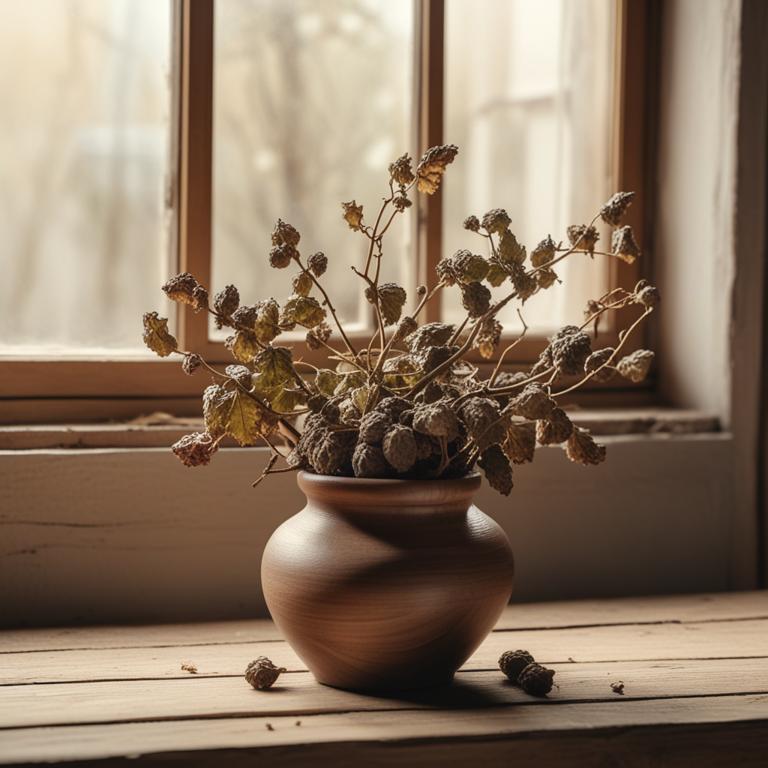
Knee swelling, also known as edema, is when fluid builds up in the knee joint, causing pain and stiffness.
It can make everyday activities like walking, climbing stairs, or even getting out of bed a struggle. Knee swelling can be caused by injury, overuse, or medical conditions like arthritis, kidney disease, or heart problems. To manage knee swelling, herbal remedies can be a helpful addition to your treatment plan. Certain herbs have anti-inflammatory properties that can reduce swelling and ease pain.
Turmeric, for example, contains curcumin, which has been shown to reduce inflammation and improve joint health. Ginger and willow bark are also commonly used herbs for their anti-inflammatory effects. You can use these herbs in various ways to relieve knee swelling. Drinking teas made from these herbs can be a soothing way to reduce inflammation and ease pain. You can also add them to your meals or take them as supplements after consulting with a healthcare professional.
Additionally, applying topical creams or ointments containing these herbs can provide localized relief.
Table of Contents
What factors cause knee swelling?
The main causes of knee swelling are usually related to issues within the knee joint itself.
One of the main causes is Gout, a condition where uric acid builds up in the body and forms sharp crystals in the joints, causing severe pain and swelling. This happens when the body is unable to remove uric acid efficiently, leading to its accumulation in the knee joint. Another cause is Rheumatoid Arthritis, an autoimmune disease that causes the body's immune system to attack the lining of the joints, leading to inflammation and swelling. This can cause the knee joint to become inflamed, resulting in pain and swelling.
Osteoarthritis is also a common cause of knee swelling, as it involves the wear and tear of the joint cartilage over time. When the cartilage is worn away, the bones in the joint can rub against each other, causing friction and leading to swelling. This can be caused by age, injury, or repetitive strain on the knee. Lastly, a torn ligament can cause knee swelling, especially if the ligament is severely torn or if the knee is twisted or bent in an unnatural way.
When a ligament is torn, the knee joint can become unstable, leading to swelling as the body tries to protect the joint from further damage.
Do herbs offer any benefits for knee swelling?
Using herbs for knee swelling can be a natural and effective way to reduce pain and inflammation.
One of the main benefits is that they can help reduce swelling and inflammation in the knee joint, making it easier to move and perform daily activities. These herbs can also help to ease pain and discomfort, allowing you to walk, climb stairs, and engage in activities that you may have had to avoid due to knee swelling.
Additionally, some herbs have anti-inflammatory properties that can help to reduce redness and warmth in the knee area, which can be a sign of inflammation. Some herbs can also help to improve circulation and reduce stiffness in the knee joint, making it feel more flexible and mobile.
Furthermore, using herbs for knee swelling can be a gentler alternative to prescription medications and surgery, and may be less likely to cause side effects or interact with other medications.
What are the top medical herbs for alleviating knee swelling?
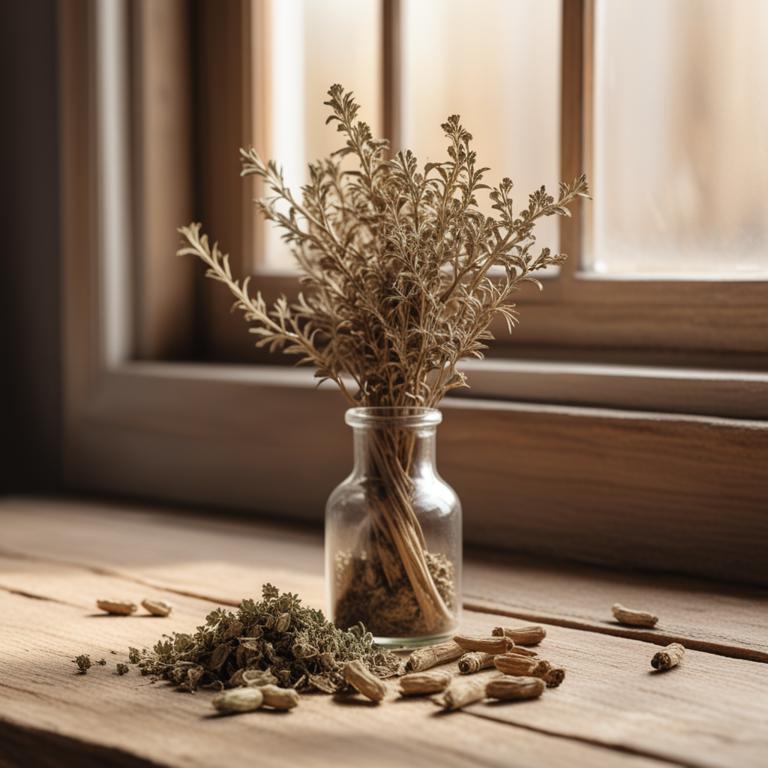
If you're experiencing knee swelling, certain herbs can help alleviate the discomfort.
Glycyrrhiza glabra, also known as licorice root, has anti-inflammatory properties that can reduce swelling and pain in the knee. It works by blocking the production of a chemical that causes inflammation. Cinchona officinalis, or Peruvian bark, contains quinine, a natural anti-inflammatory agent. This herb can help reduce swelling and relieve pain in the knee by blocking the pain signals to the brain.
Curcuma longa, or turmeric, contains curcumin, a powerful anti-inflammatory compound. Curcumin blocks the production of inflammatory chemicals in the body, which can help reduce swelling and pain in the knee. Zingiber officinale, or ginger, has anti-inflammatory properties that can help reduce swelling and pain in the knee. It works by blocking the production of inflammatory chemicals and by increasing blood flow to the affected area. Angelica sinensis, or dong quai, has anti-inflammatory properties and can help reduce swelling and pain in the knee.
It also helps to improve blood flow and reduce stiffness in the knee.
What herbal solutions are widely used for knee swelling?
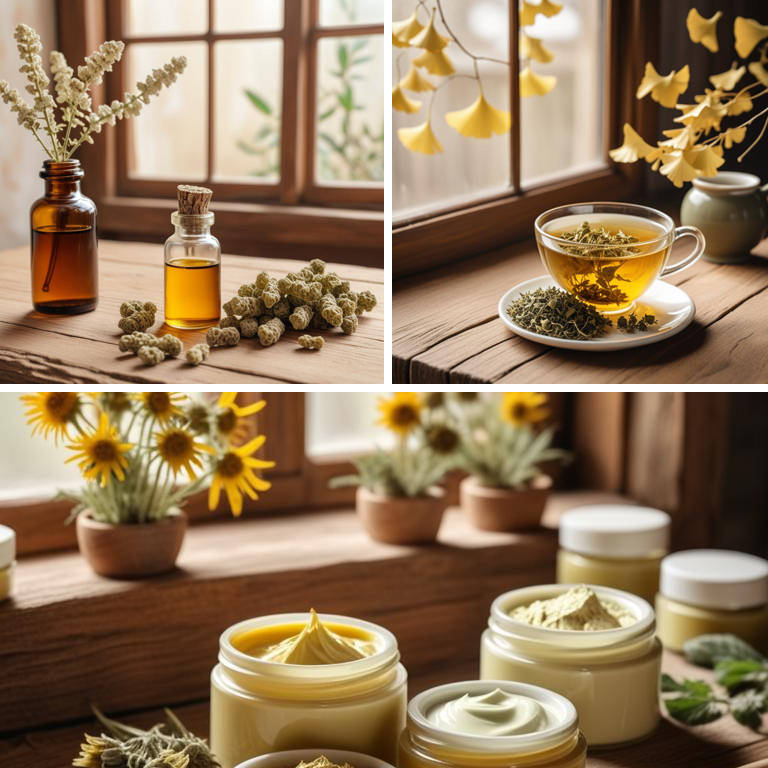
Herbal preparations can be very helpful for knee swelling.
One way to take them is as Tincture Capsules. These capsules contain a concentrated liquid extract from herbs like turmeric or ginger. The active ingredients in these herbs, called curcumin and gingerols, have strong anti-inflammatory properties that can reduce swelling and pain in the knee. Another way to use herbs for knee swelling is by making Infusion Tea. This is a liquid tea made by steeping herbs in hot water. Herbs like willow bark and meadowsweet contain salicylic acid, a compound similar to aspirin, which can help reduce inflammation and ease pain. Drinking a cup of warm tea several times a day can help alleviate knee swelling. Decoction is another way to prepare herbs for knee swelling.
This method involves boiling the herbs in water to extract their active ingredients. Herbs like devil's claw and celery seed are often used for their anti-inflammatory properties. The resulting liquid can be taken as a drink, or it can be used to make a topical cream or salve. A Salve is a topical preparation made by infusing herbs in a carrier oil like coconut or olive oil. This can be applied directly to the affected area, allowing the active ingredients in the herbs to be absorbed into the skin. Herbs like arnica and St. John's Wort have anti-inflammatory properties that can help reduce swelling and ease pain in the knee. Lastly, a Topical Cream can be made by mixing herbs with a moisturizing base like aloe vera or shea butter. This can be applied to the affected area to help reduce inflammation and ease pain.
Herbs like comfrey and cayenne pepper have anti-inflammatory properties that can help alleviate knee swelling.
Additional Resources:
- 9 herbal tinctures for knee swelling
- 9 herbal teas for knee swelling
- 11 herbal creams for knee swelling
What herbs should you be cautious about using if you have knee swelling?
If you have knee swelling, it's best to steer clear of some herbs that could make things worse.
One of these herbs is Aristolochia clematitis. This herb has been linked to kidney problems, which can be a concern when you're already experiencing swelling in your knees. Kidney issues can lead to even more fluid buildup in your body, making your swelling worse. Vitex agnus-castus is another herb to approach with caution. While it's often used to help with menstrual problems, it can also cause your body to hold onto fluids, which might exacerbate knee swelling. Your body will try to keep the extra fluid in your system, and this can put additional pressure on your joints, making swelling even more uncomfortable. Paeonia lactiflora, also known as peony, is sometimes used to treat inflammation, but this can be a double-edged sword if you have knee swelling.
While it might help with some inflammation, it could also cause your body to retain even more fluid, which won't do your knees any favors. This is especially concerning if you're already experiencing swelling. Hydrastis canadensis, or goldenseal, can also be a problem. This herb contains a compound called berberine, which can slow down the flow of blood and lymph fluid in your body. When you have knee swelling, you want to encourage your body to get rid of excess fluid, not slow it down. This could make your swelling worse over time. Rauvolfia serpentina, also known as Indian snakeroot, can cause your body to retain fluid in various ways. It can affect the way your body regulates fluids and electrolytes, which can lead to swelling in your knees.
This herb is often used to treat high blood pressure, but if you have knee swelling, you want to focus on reducing fluid retention, not just lowering your blood pressure.
FAQ
Are there any specific herbs that can prevent knee swelling?
Turmeric and ginger have anti-inflammatory properties that may help reduce knee swelling.
Consuming turmeric tea or adding fresh ginger to meals could be beneficial.
These herbs contain compounds that block the production of inflammatory chemicals in the body, which may help alleviate swelling and discomfort in the knees.
Is it safe to use herbal remedies for knee swelling during pregnancy?
Using herbal remedies for knee swelling during pregnancy can be a mixed bag.
Some herbs like ginger and turmeric may help reduce inflammation, but others like blue cohosh and pennyroyal have been linked to potential health risks for mom and baby.
It's best to be cautious and check the ingredients carefully before trying anything new.
Are there any herbs that can reduce the frequency of knee swelling?
Turmeric has been found to have anti-inflammatory properties that may help reduce knee swelling.
Its active compound, curcumin, can block chemicals in the body that cause inflammation. Some people also use ginger, which has similar anti-inflammatory effects, to help alleviate knee swelling and discomfort.
These herbs may provide relief when consumed regularly.
Can i combine different herbal remedies for knee swelling?
You can combine different herbal remedies for knee swelling, but use them in moderation.
For example, you might take turmeric to reduce inflammation and willow bark to ease pain. However, be aware that combining herbs can interact with each other.
Start with small amounts and observe how your body reacts.
Related Articles
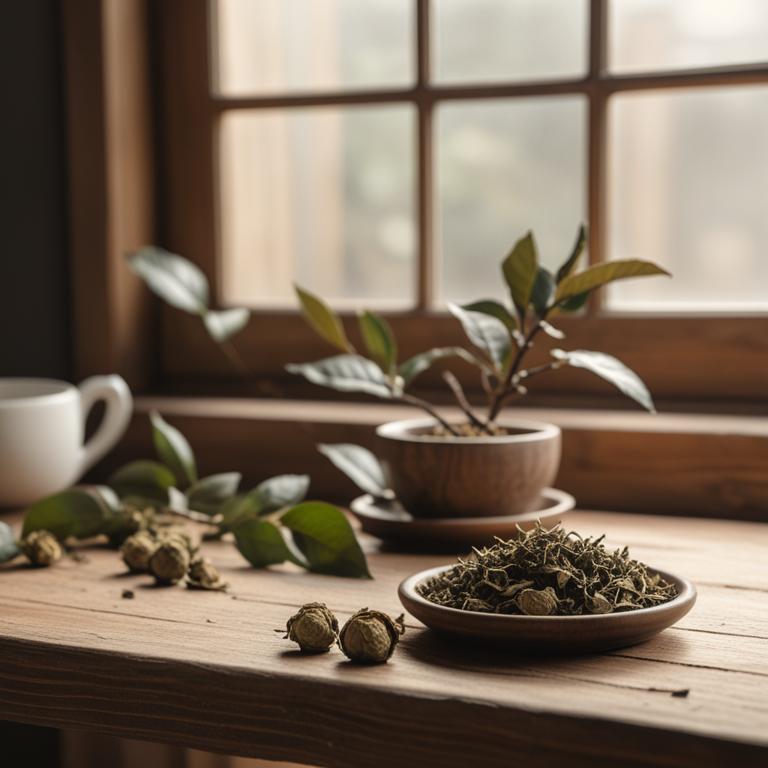
Jaw Pain: Causes, Herbal Remedies, and Homeopathic Preparations
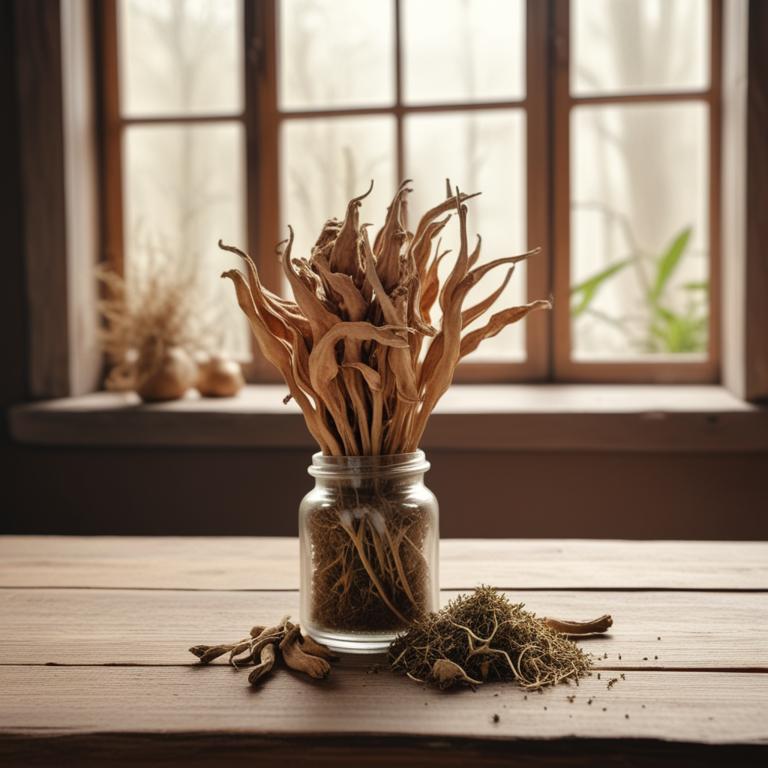
Tendinitis Relief: Exploring Medicinal Herbs and Their Preparations
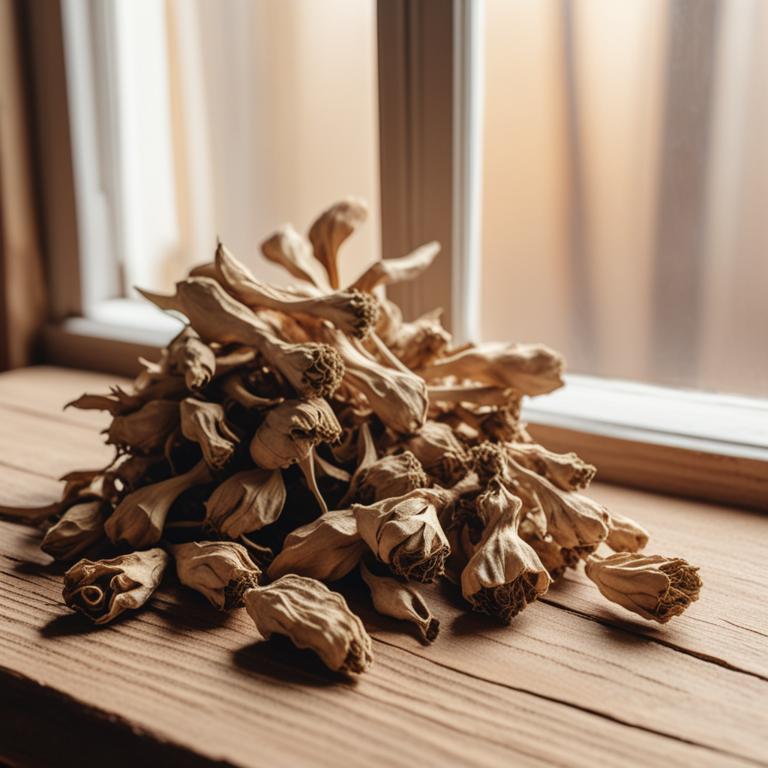
Herbal Solutions for Reducing Joint Stiffness and Improving Mobility
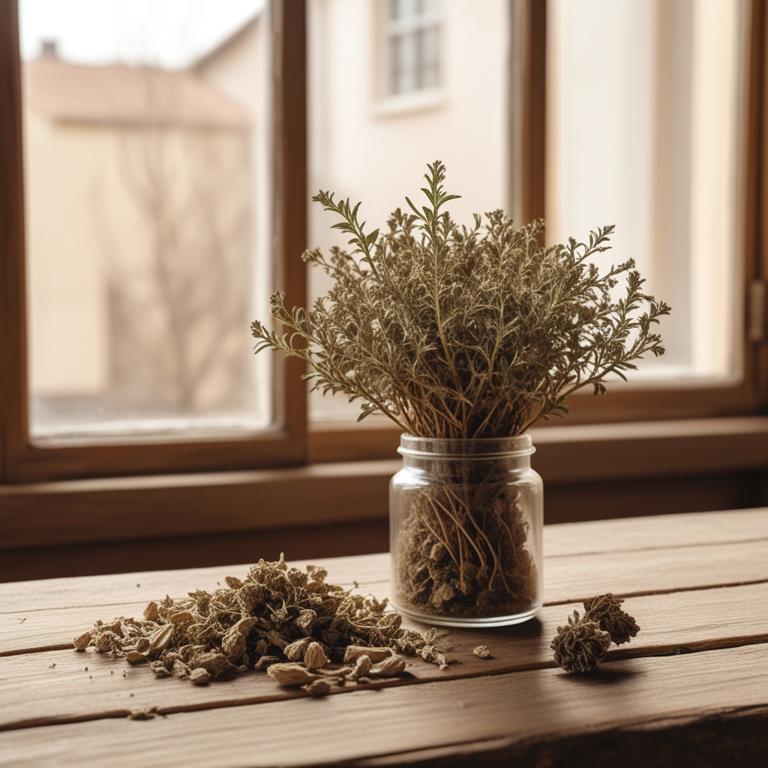
Relieving Muscle Pain: Understanding Its Causes and Herbal Remedies
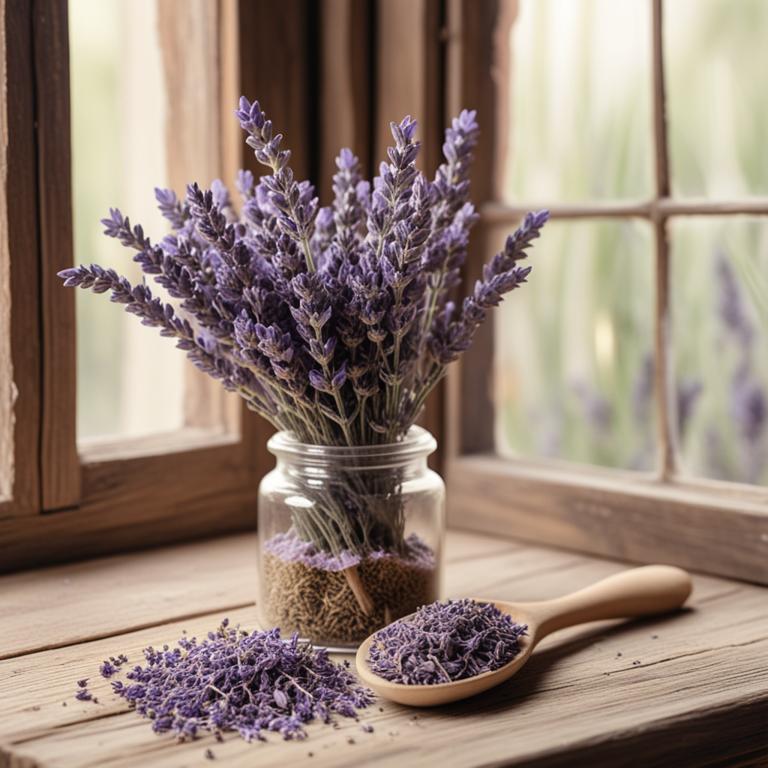
Jaw Clenching and Bruxism: Causes, Medicinal Herbs, and Herbal Preparations
